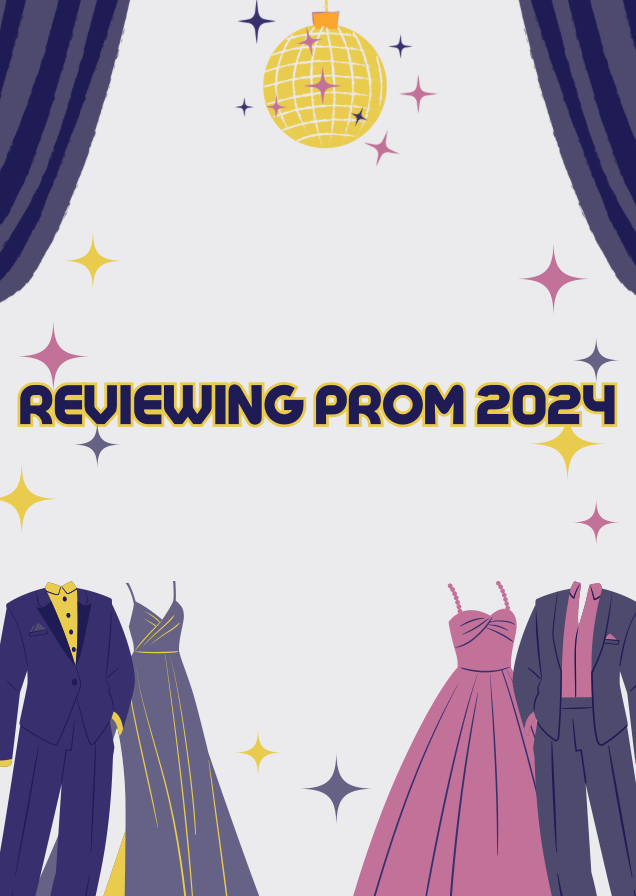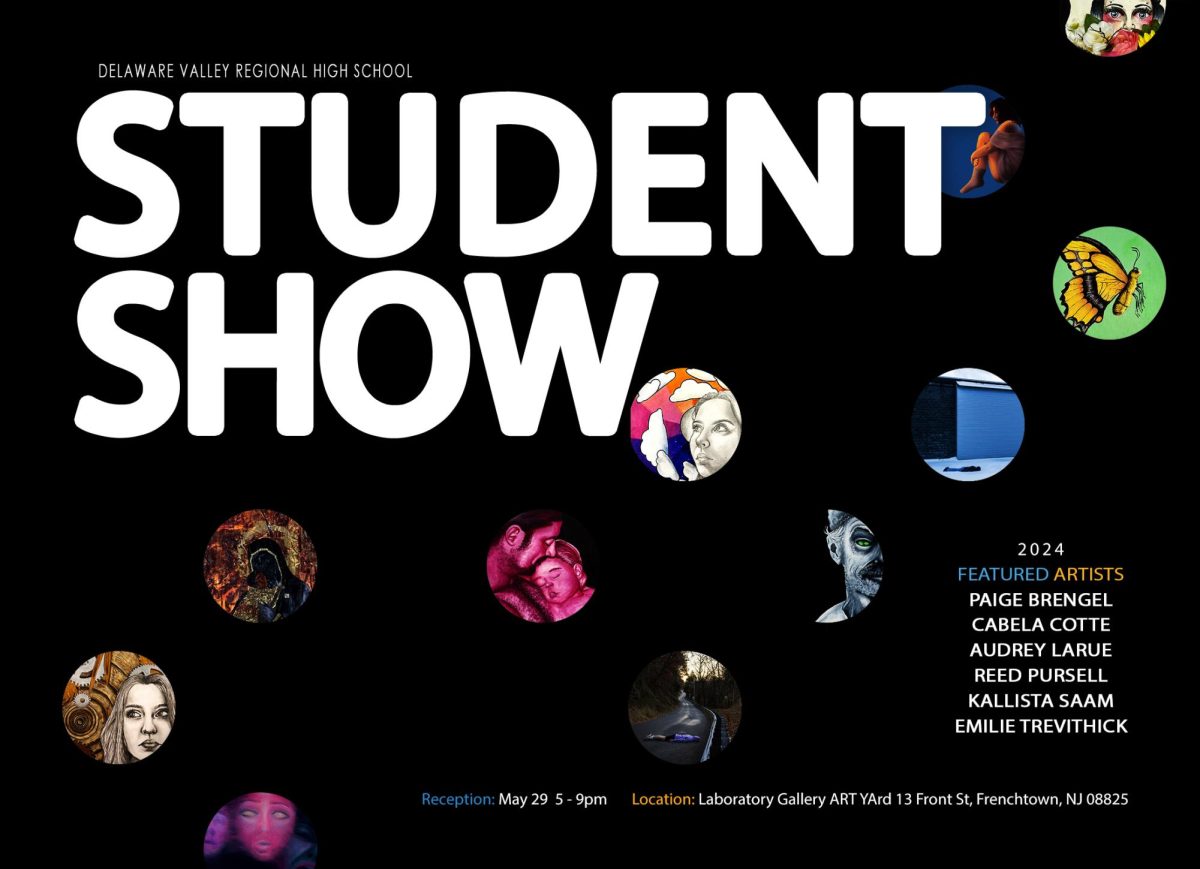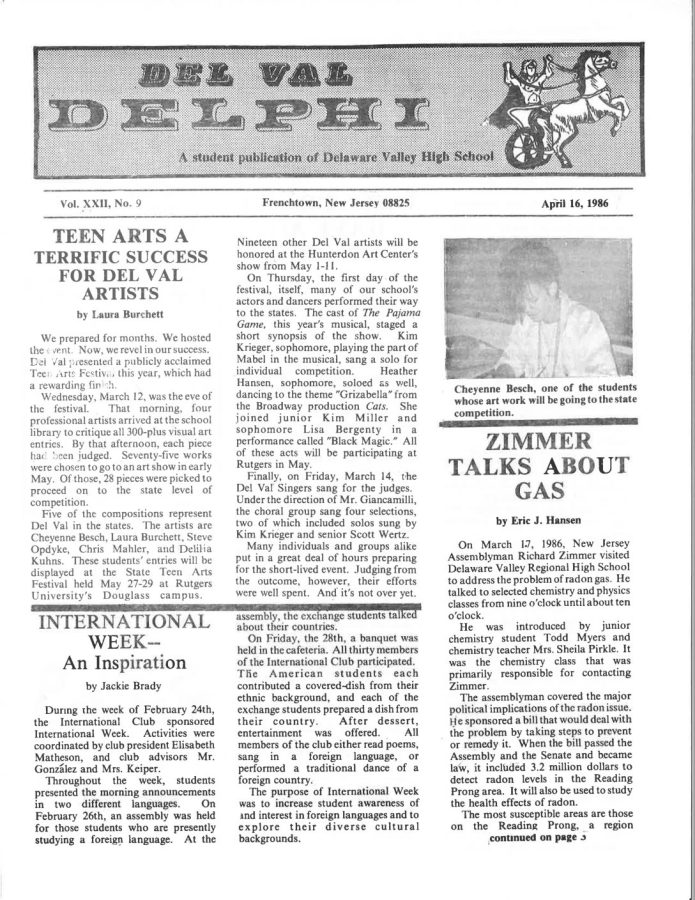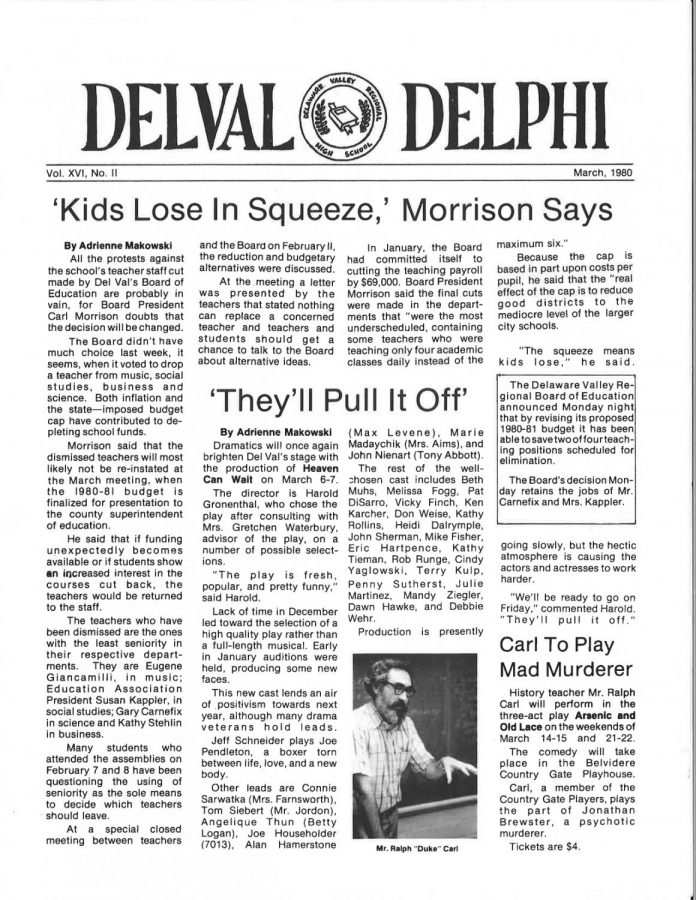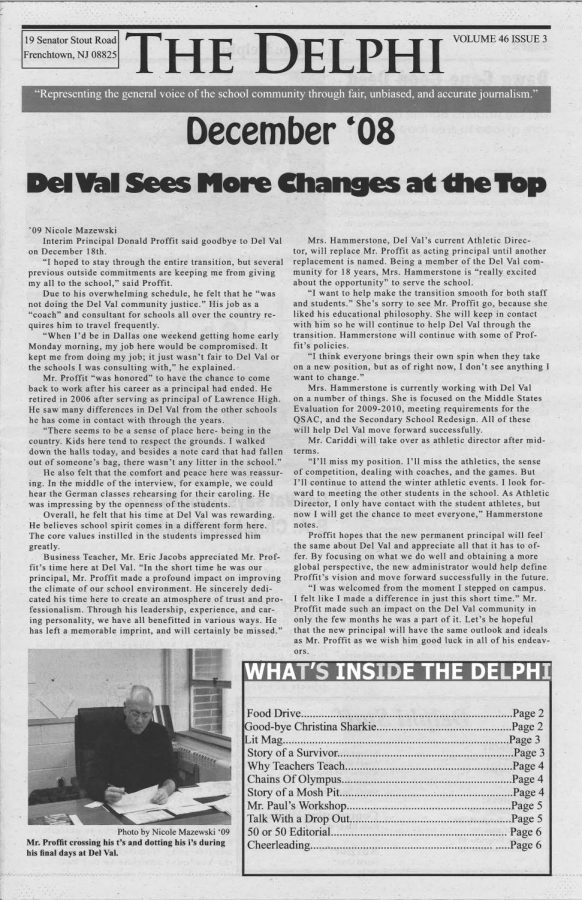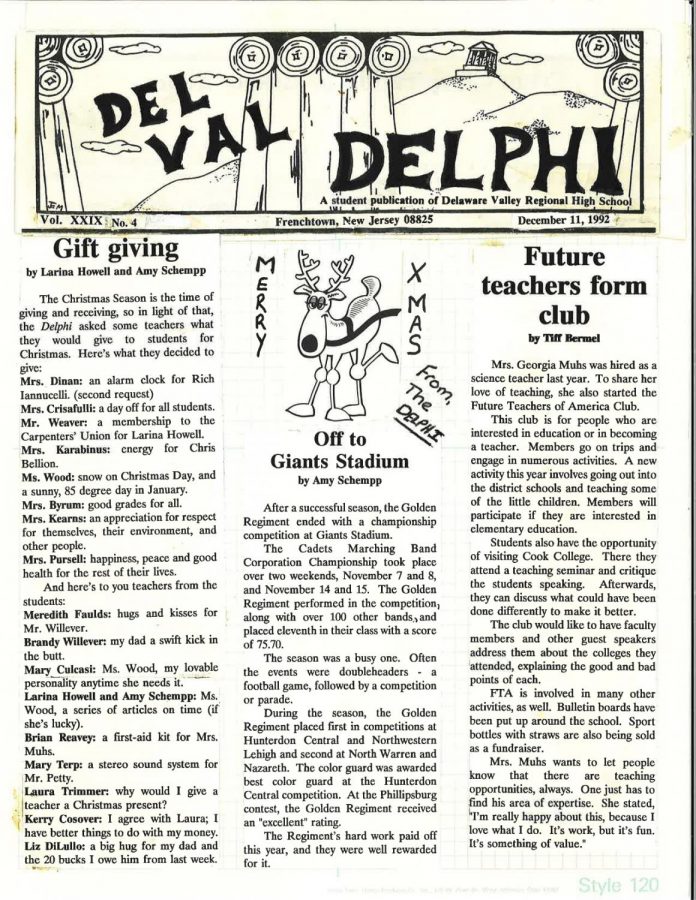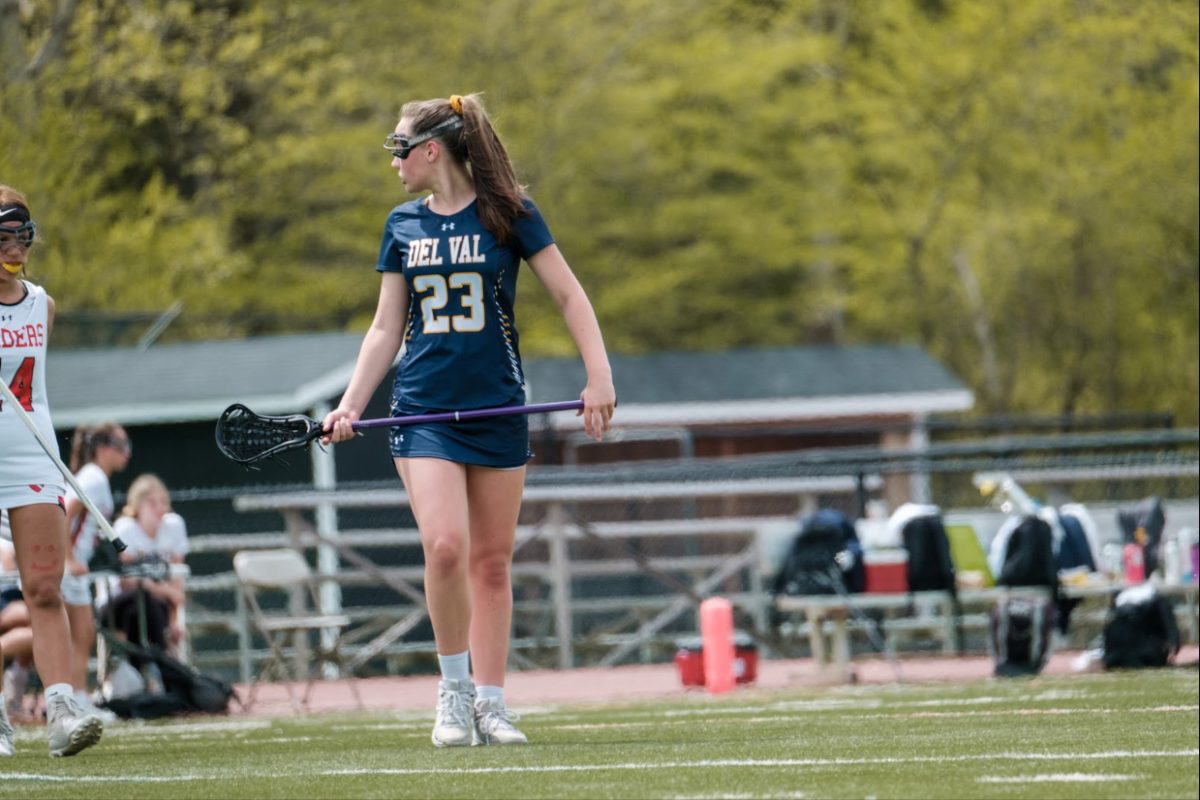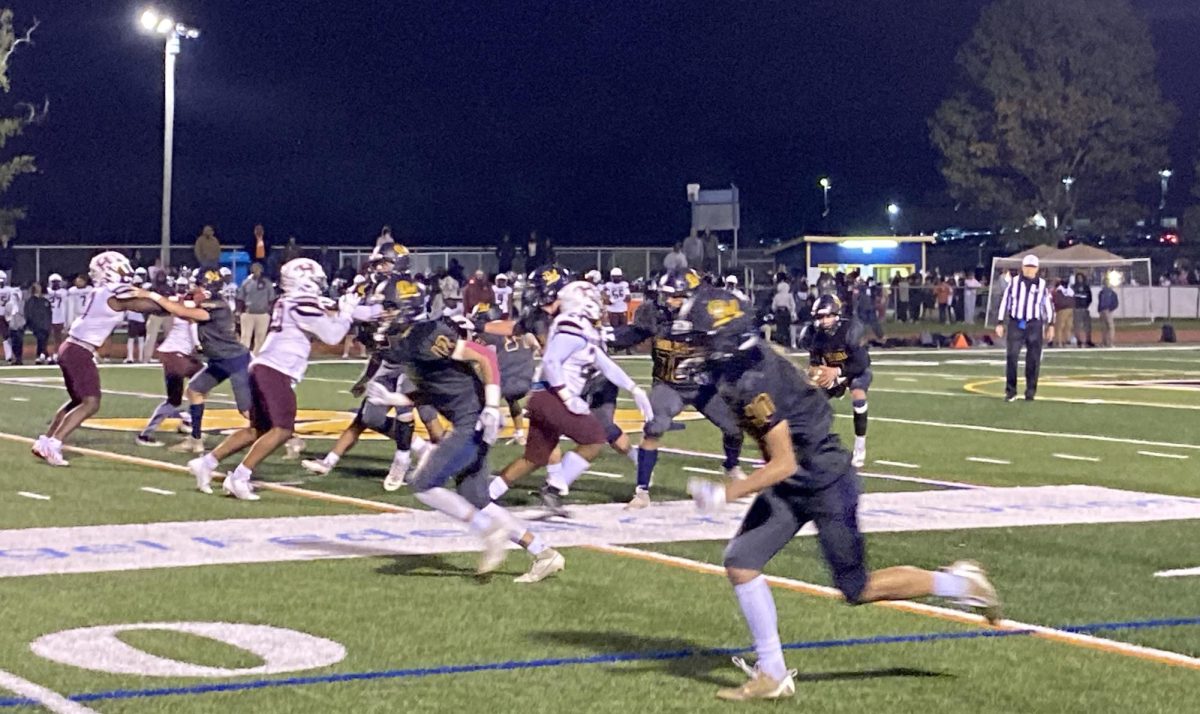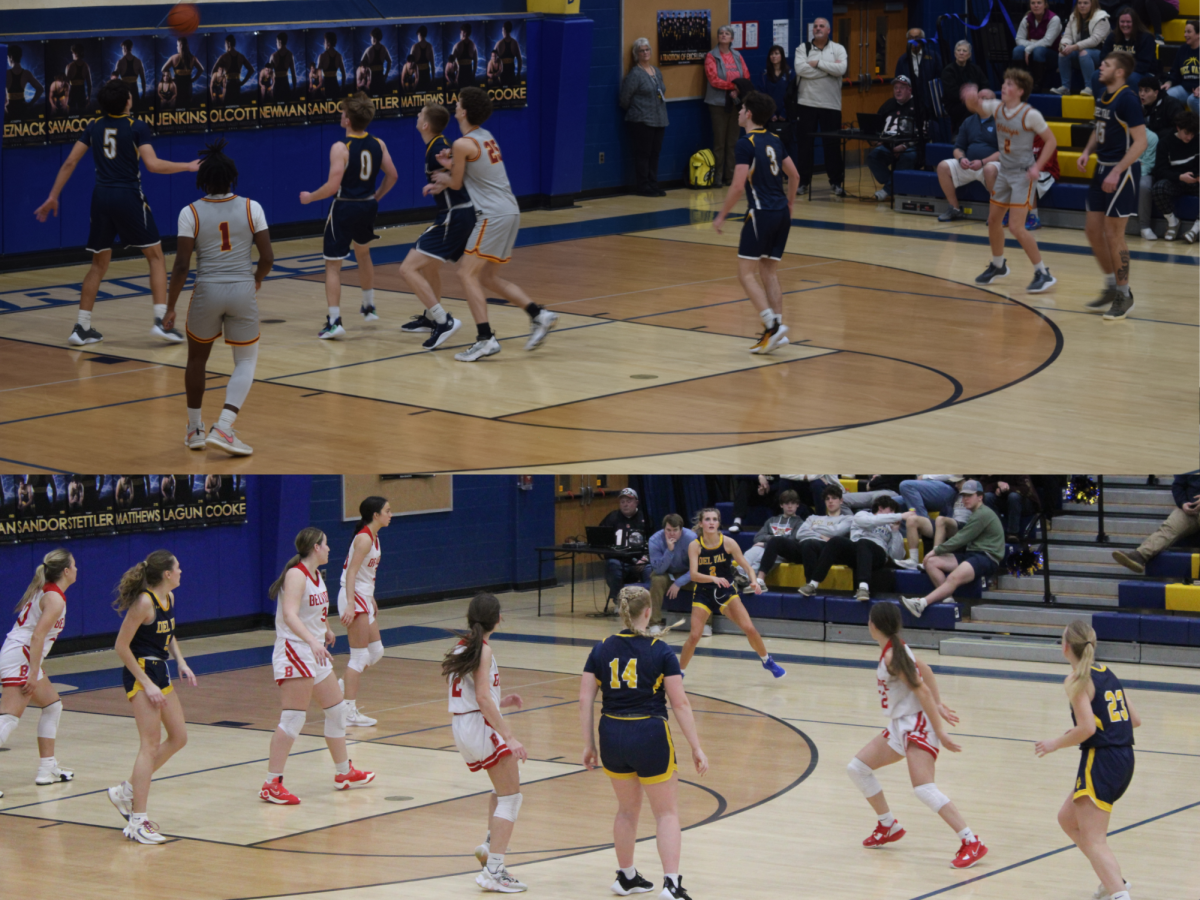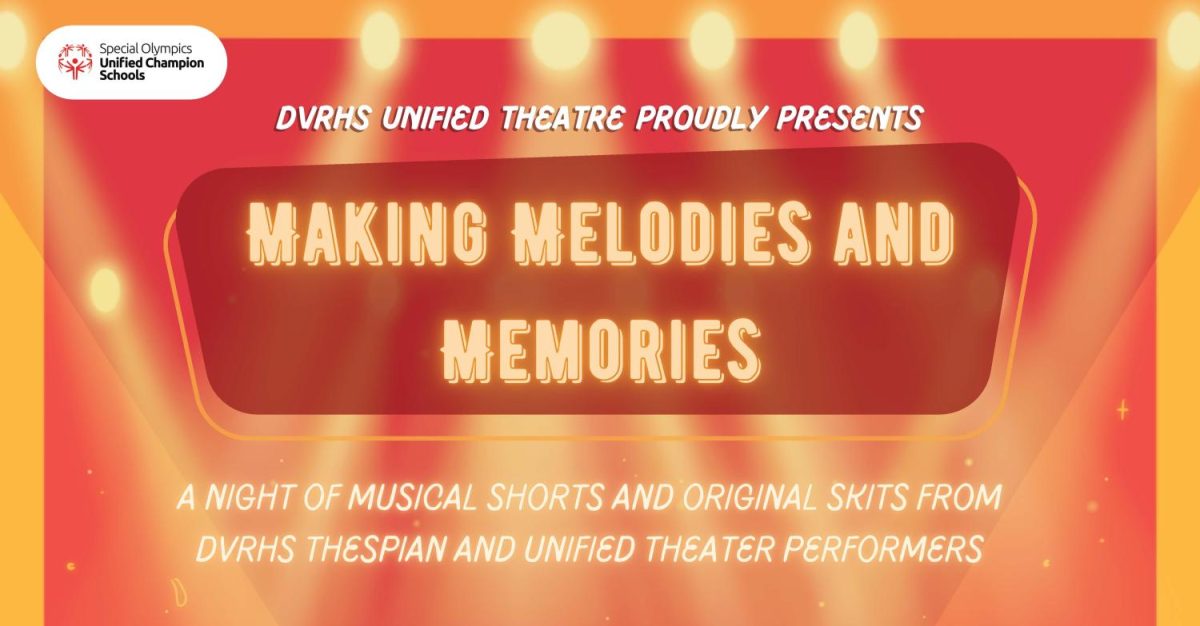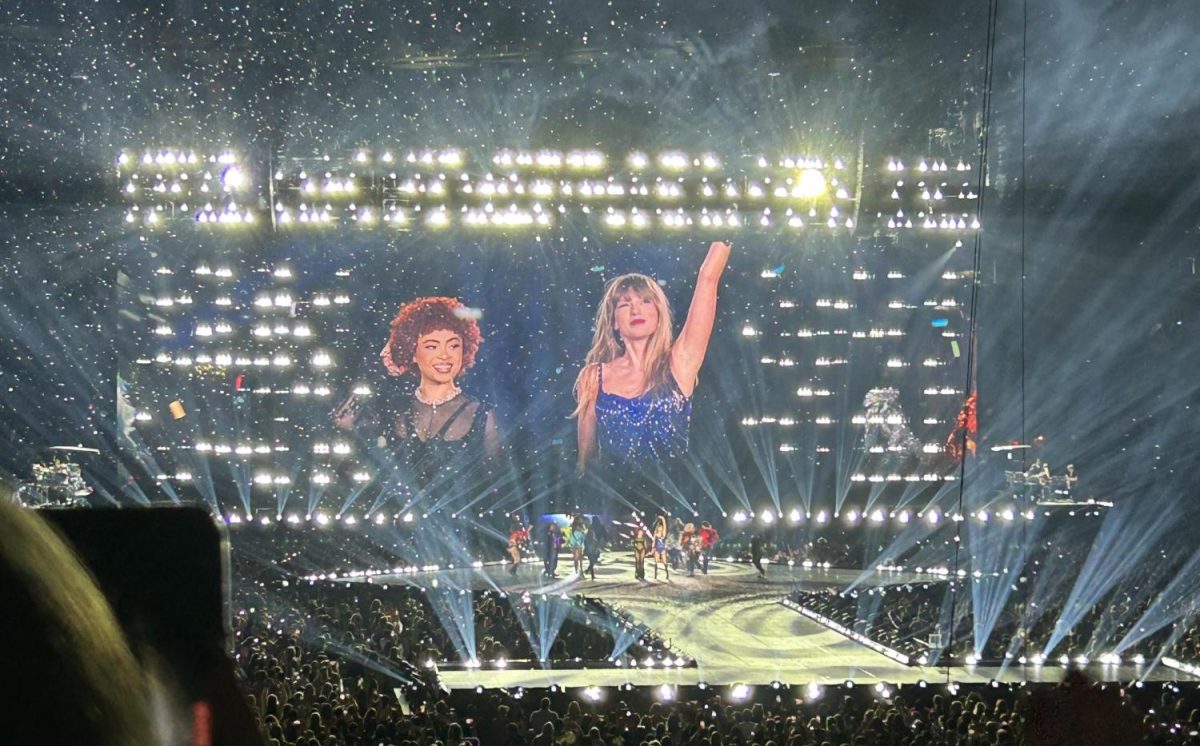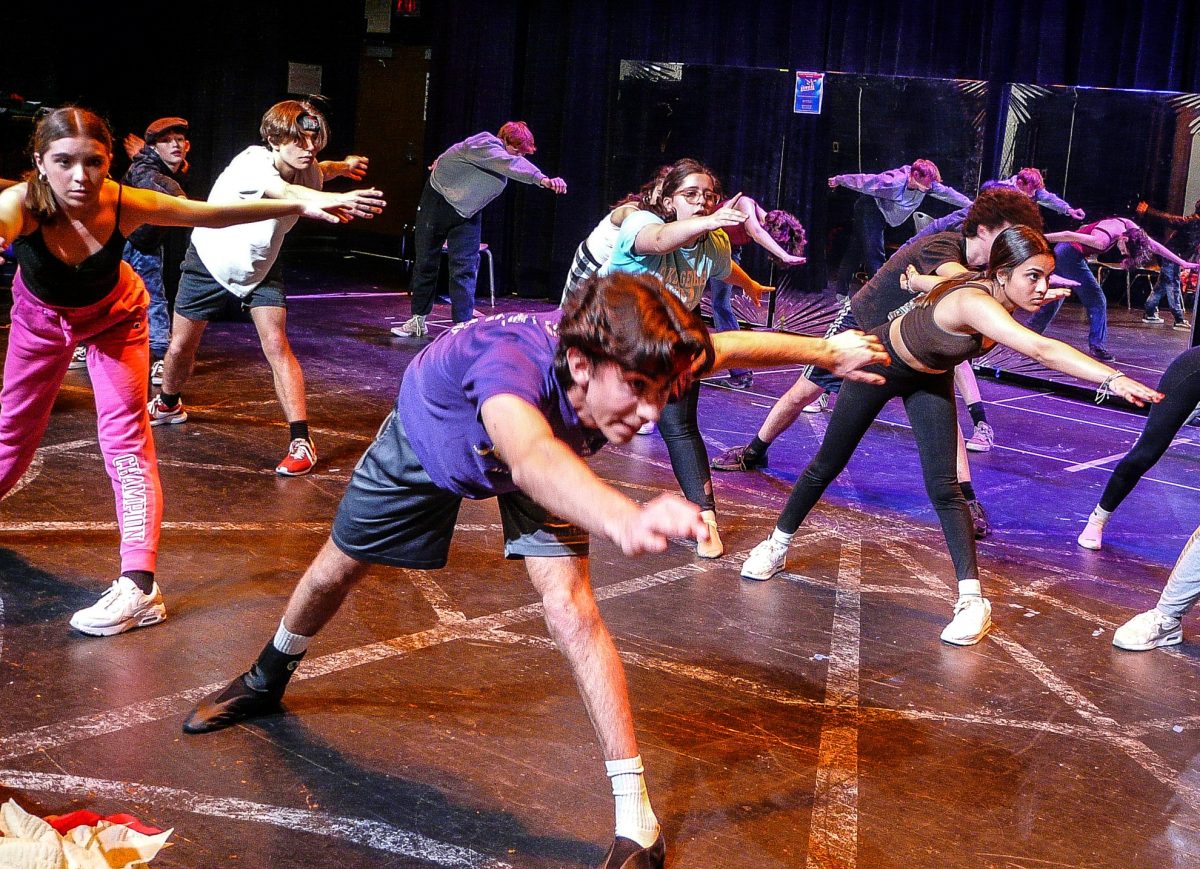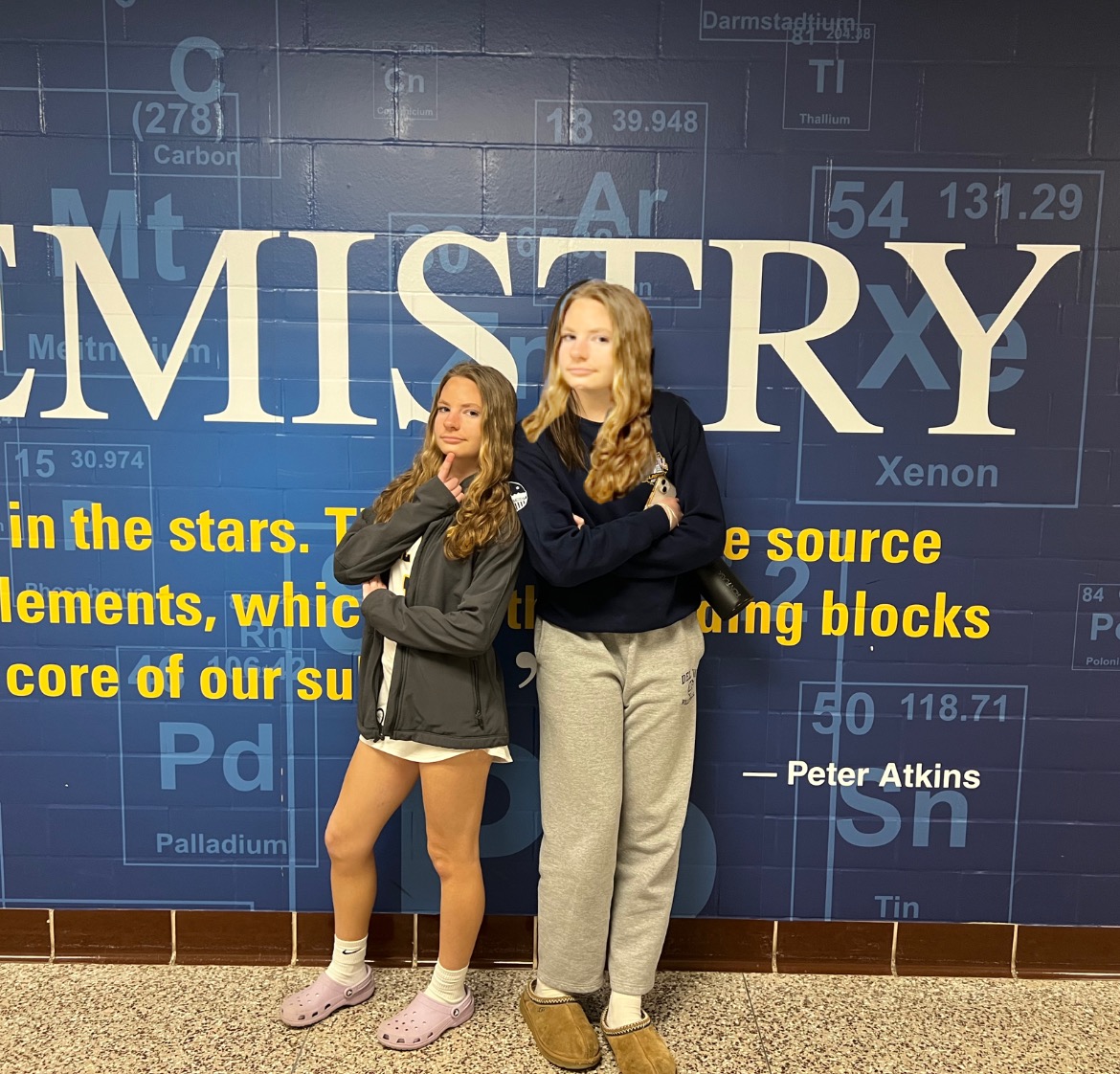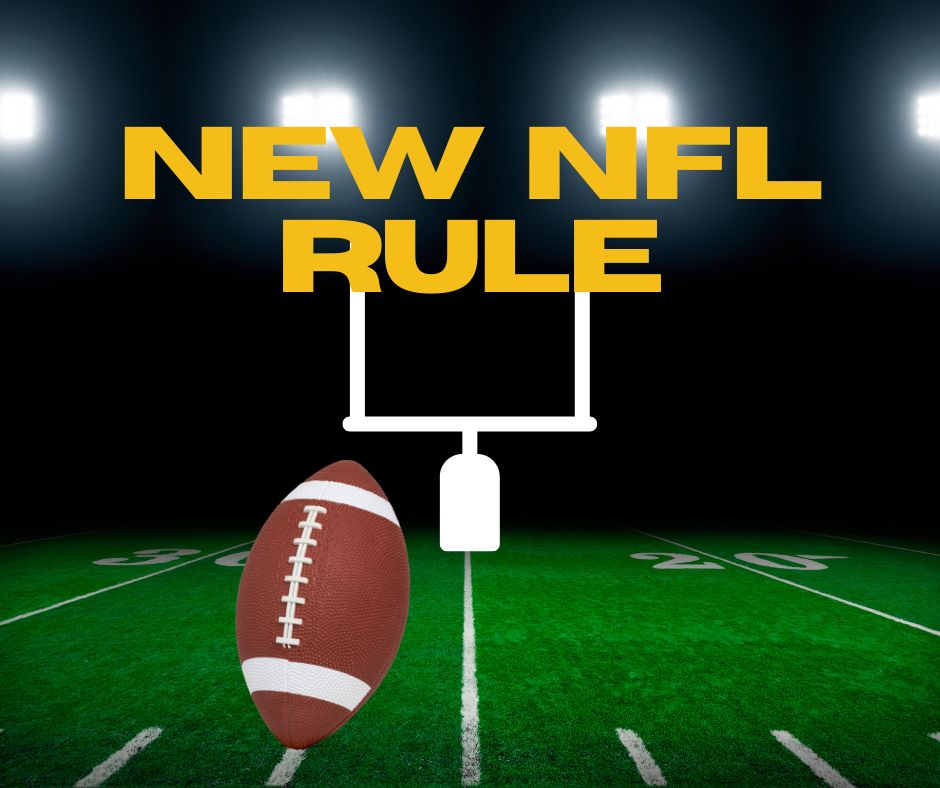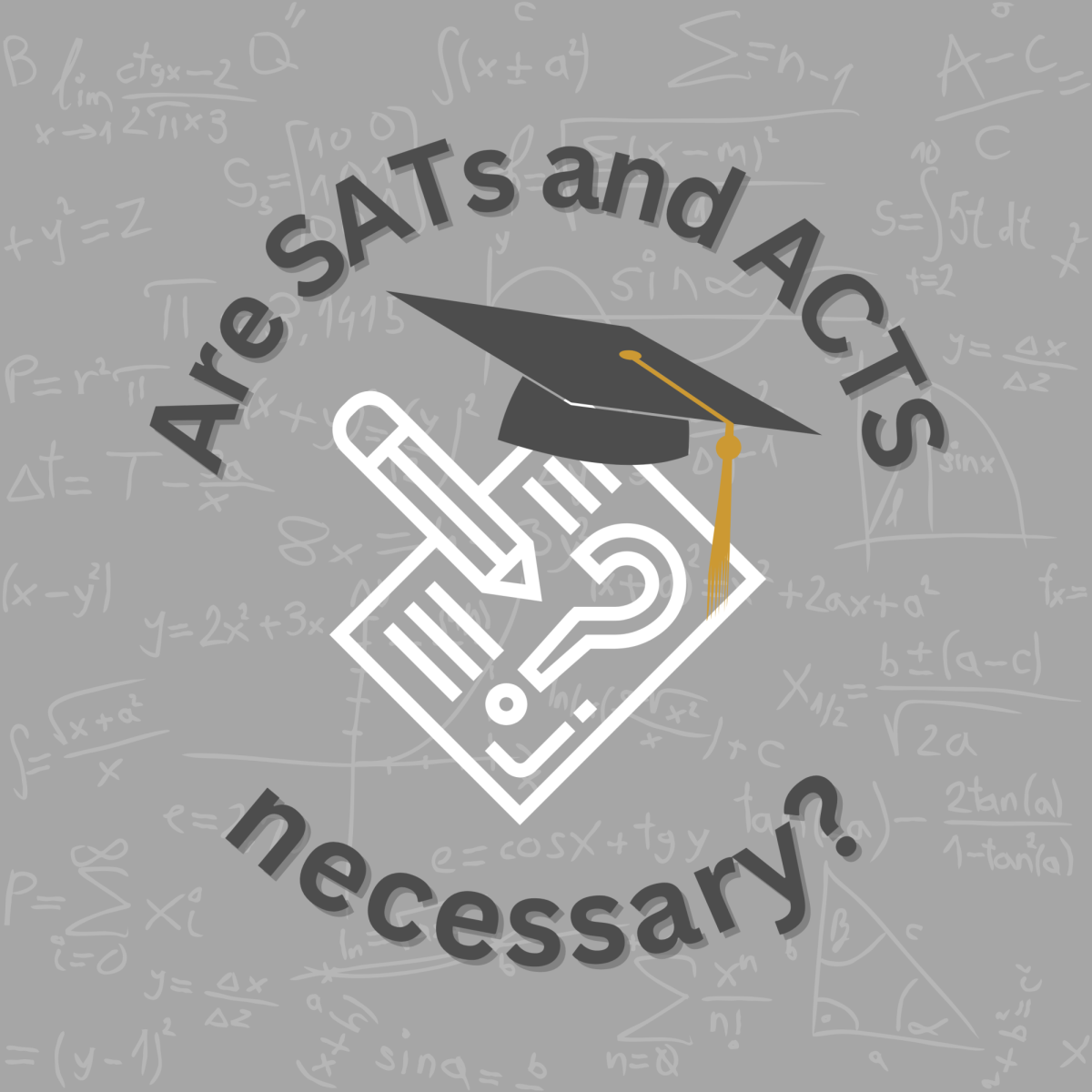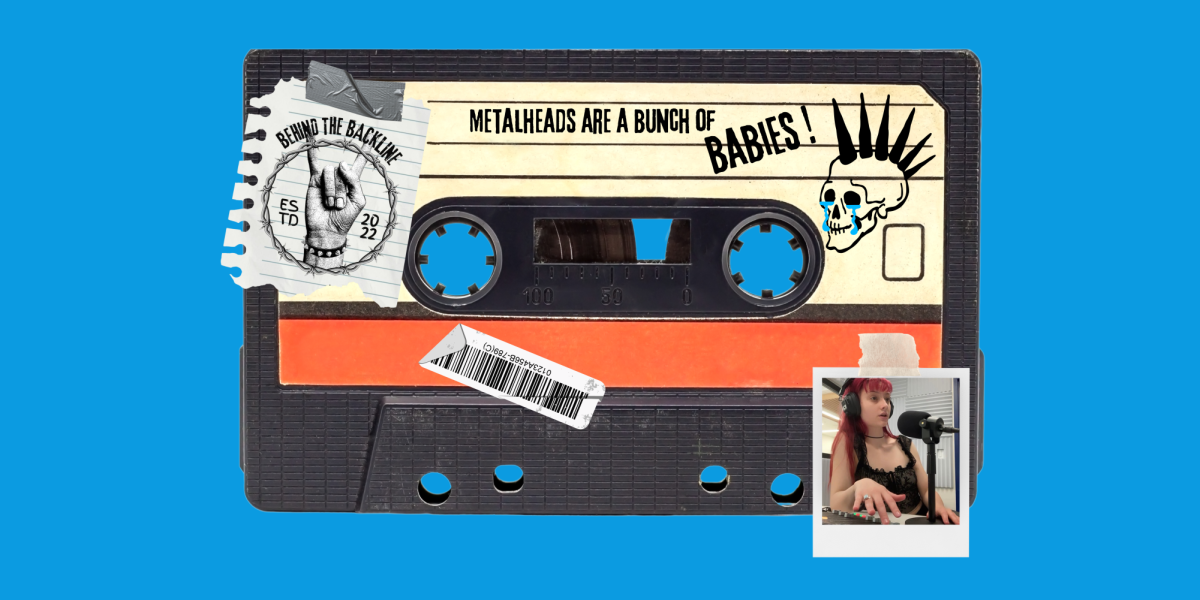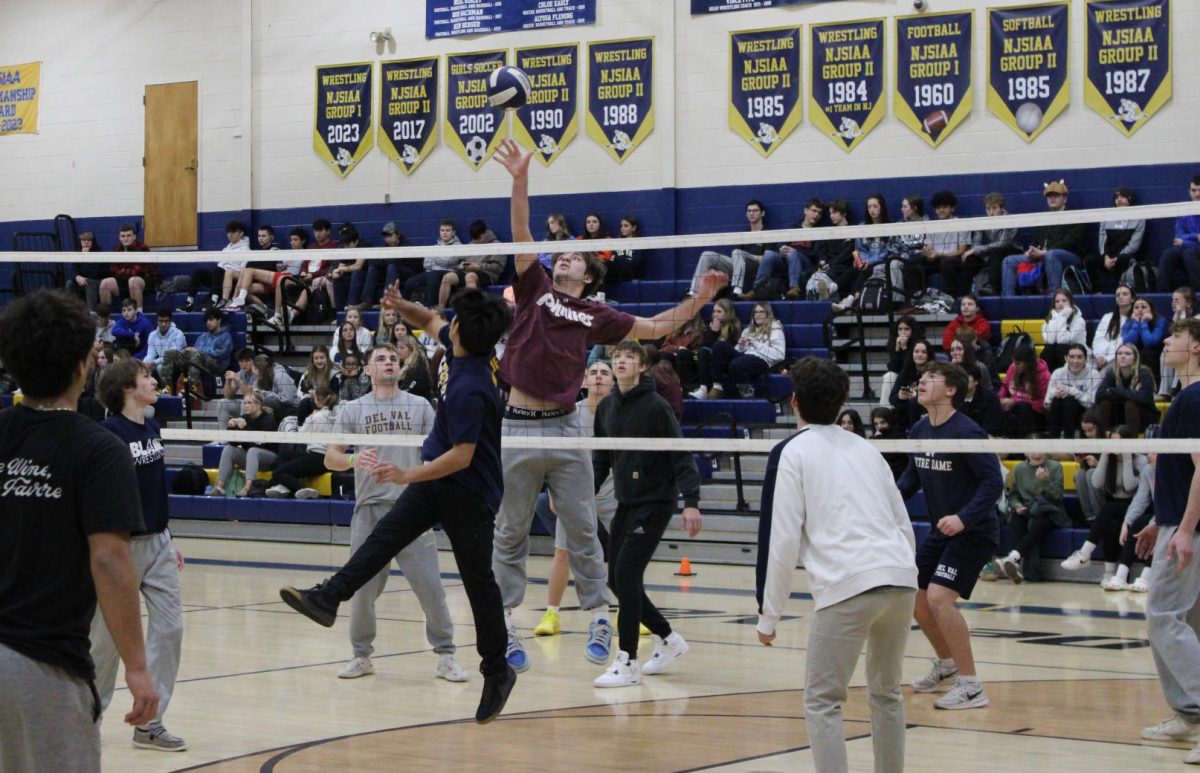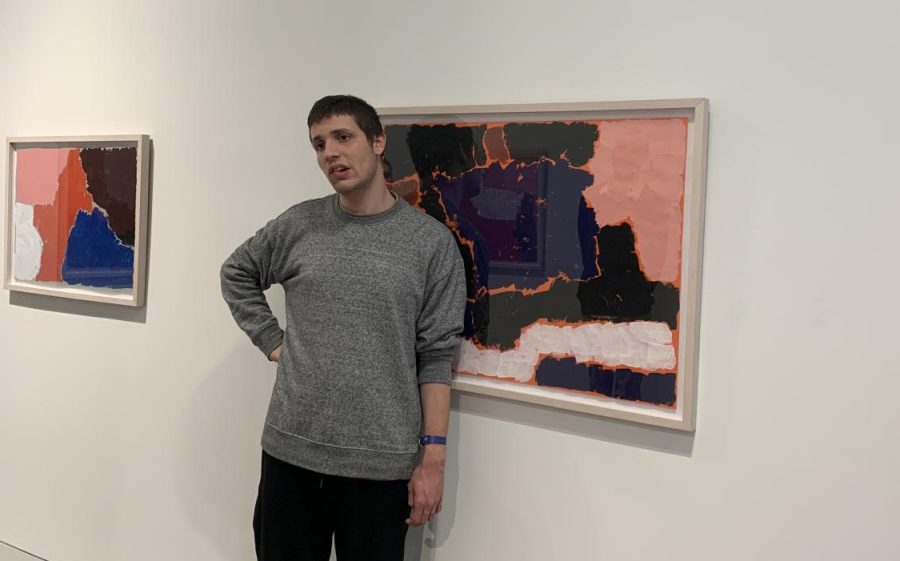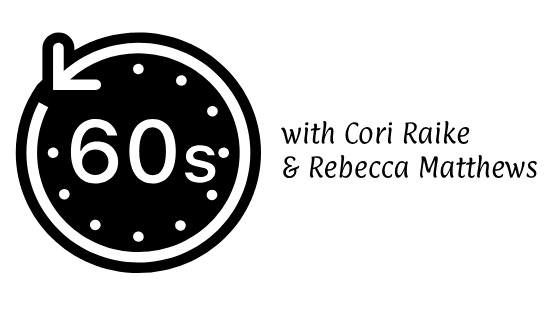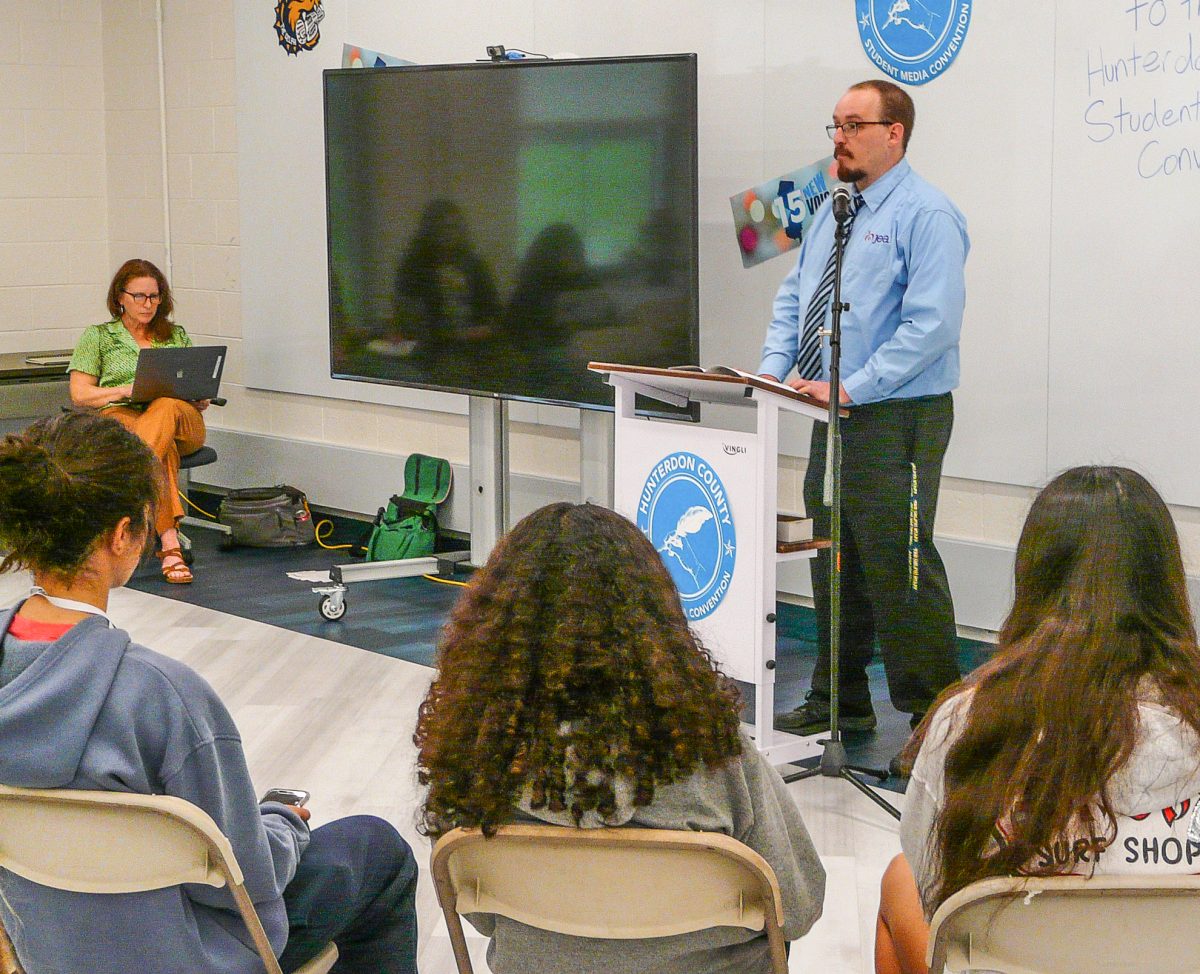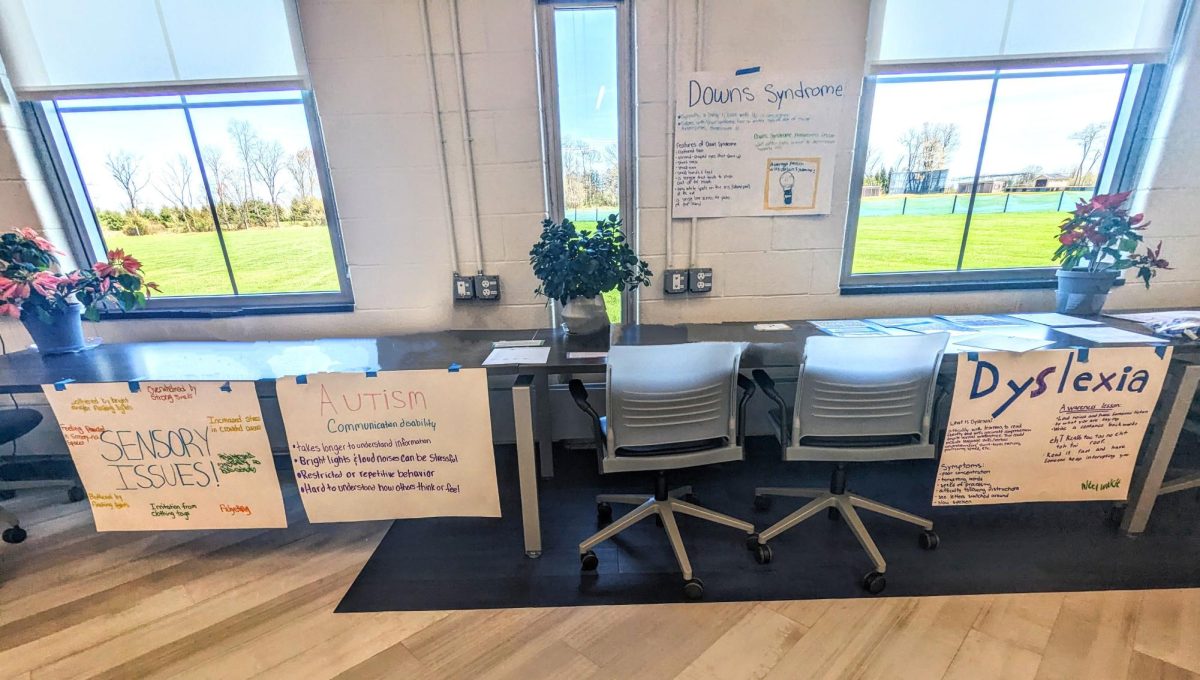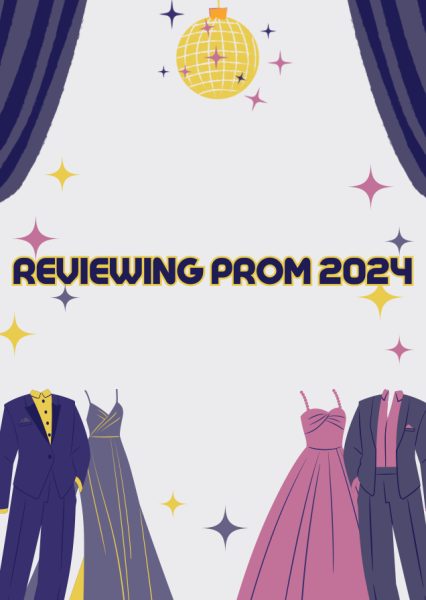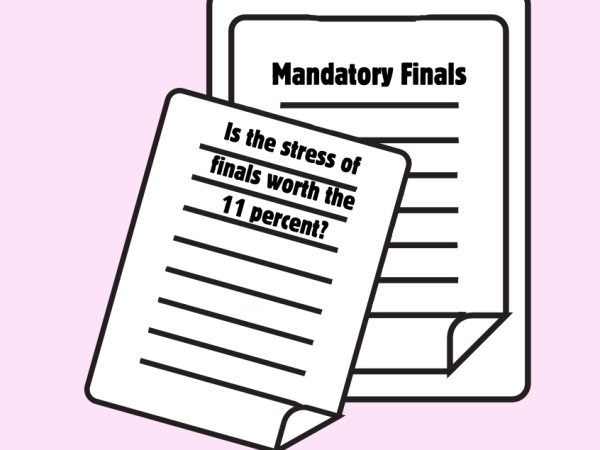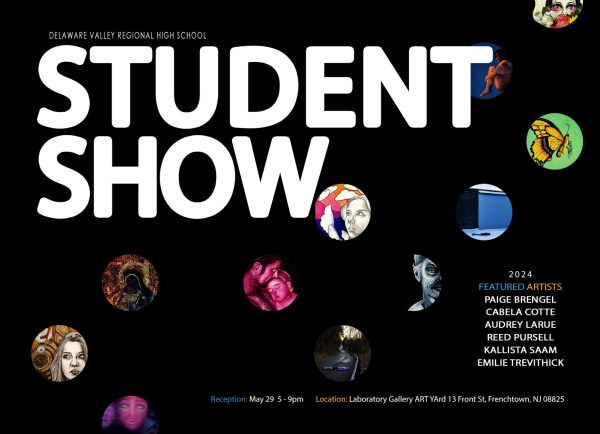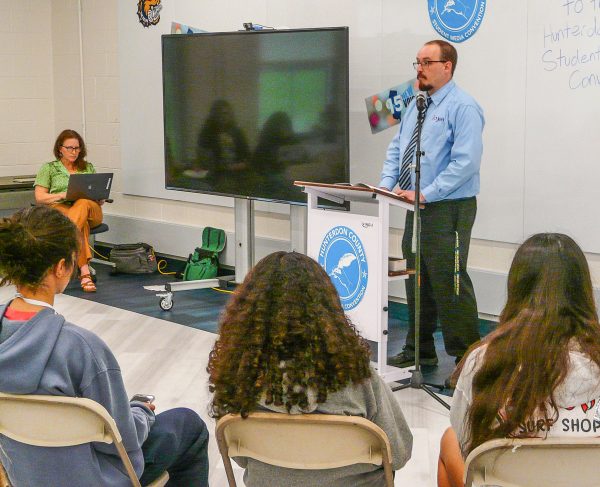What is Critical Race Theory?
Photo via Wikimedia Commons under Creative Commons license
Higher education institutions, such as the University of Wisconsin-Madison, allow students to study CRT, but what is it, exactly?
February 16, 2022
Critical Race Theory is an academic belief that follows the idea that race is a social construct, and racism is created not from personal problems, but from the U.S. legal systems and policies. Though CRT has been a common belief for over 40 years, awareness of it has grown immensely over this past year.
Up until recently, many Americans did not know what CRT was, let alone what it really meant. Some still do not fully understand the true meaning of “Critical Race Theory.” So what does it really mean?
Critical Race Theory simply states that racism is tightly braided into U.S. social institutions, through laws, procedures, regulations and rules that affect certain outcomes due to a person’s race.
It is a common misbelief among Americans that CRT labels all white people as racist; the theory itself claims that regardless of a person’s race, racism is still part of everyday life. It is not a theory that targets one race for the cause of racism. As many scholars have put it, racism can exist without racists.
Some critics of the theory also believe that CRT advocates for discrimination against white people in order to reach equity, but Critical Race Theorists understand this nation’s history of racial disparities and do not support the philosophy of “colorblindness.”
Combatants of CRT are insisting that if someone were to acknowledge that racism is real, it would be racist. Simply put, some believe that acknowledging racism is racist.
Other critics are angry at schools for “teaching kids CRT.” The legislations that have been passed mostly just ban any discussions or training that suggests America is constitutionally racist.
Though nine states have passed anti-CRT legislation against schools; Idaho, Oklahoma, New Hampshire, Iowa, Arizona (legislation was overturned by the Supreme Court in November), South Carolina, Texas and North Dakota; none of the bills specifically mentioned “CRT.”
From the fear of communism and socialism taking over America, that fear is now of Critical Race Theory. But why is this coming up now?
It began in 2020 after protests erupted around the U.S. in reaction to the murder of George Floyd. Former U.S. President Donald J. Trump issued a message to federal agencies that informed them of CRT. He labeled it as “divisive” after conversations sparked about structural racism in the U.S.
Soon after, an Executive Order came out banning any training that suggested America to be “fundamentally racist.”
From there, the theory spiraled out of control and context. Trump’s focus on CRT sparked from an interview he saw on Fox News, where Christopher F. Rufo discussed the “cult indoctrination”of CRT.
Our curriculum does cover history and cultures in our standards. The benefits are to learn, respect and accept all people and cultures regardless of whether they are like us or not,
— James Kluska
Although CRT is taught in some higher education institutions, Del Val’s curriculum, instead, teaches many different cultures and perspectives.
“In order to improve the future, you have to learn from the past’s mistakes, and you learn that through history and being exposed to different perspectives,” said Del Val junior Grace DeLisle.
It is important to note that Delaware Valley Regional High School does not teach CRT.
Del Val’s Social Studies and World Language Department Supervisor, James Kluska, discusses the teaching of history in the Del Val curriculum.
“Our curriculum does cover history and cultures in our standards. The benefits are to learn, respect and accept all people and cultures regardless of whether they are like us or not,” said Kluska.
In an email to the community, Del Val’s Superintendent, Daria Wasserbach, wrote, “DVRHS adheres to the mandatory NJ Student Learning Standards and curriculum requirements, of which CRT is not a part.”


